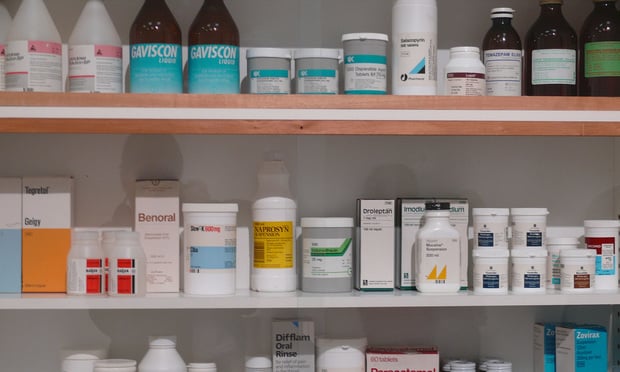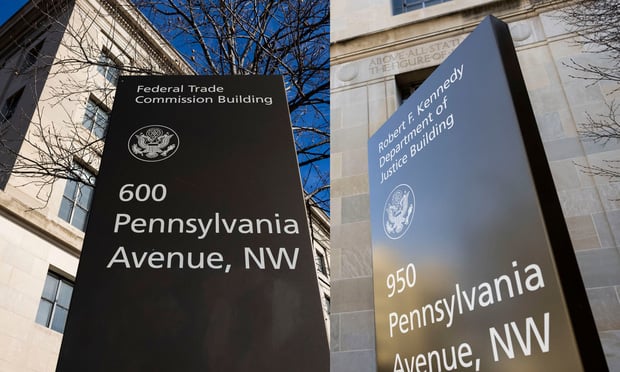
For the past year, there has been an exceptionally severe dearth of generic medications available to Americans, forcing millions to ration or, in many cases, simply go without prescriptions. Surely, the pharmaceutical industry has not been immune from supply chain woes that have bedeviled virtually all aspects of the American economy. But such macro forces may not be the only culprit behind this pressing matter.
Earlier this month, the Federal Trade Commission (FTC) and the Department of Health and Human Services, behind the strong backing of the Biden administration, began assessing the role that drug wholesalers, those who purchase medications from manufacturers and disseminate them to providers, and corporations purchasing medicines for hospitals and health care providers – otherwise known as group purchasing organizations (GPOs), the most prominent of which include Vizient, Premier and HealthTrust — have had in this historic shortfall of generic prescriptions. The FTC and Department of Health and Human Services were particularly interested in learning more about the business practices to determine whether such middlemen in the pharmaceutical drug supply chain industry have disincentivized rival drug suppliers from competing in generic markets and compelled manufacturers to halt production.
Complete your profile to continue reading and get FREE access to BenefitsPRO, part of your ALM digital membership.
Your access to unlimited BenefitsPRO content isn’t changing.
Once you are an ALM digital member, you’ll receive:
- Critical BenefitsPRO information including cutting edge post-reform success strategies, access to educational webcasts and videos, resources from industry leaders, and informative Newsletters.
- Exclusive discounts on ALM, BenefitsPRO magazine and BenefitsPRO.com events
- Access to other award-winning ALM websites including ThinkAdvisor.com and Law.com
Already have an account? Sign In
© 2024 ALM Global, LLC, All Rights Reserved. Request academic re-use from www.copyright.com. All other uses, submit a request to [email protected]. For more information visit Asset & Logo Licensing.








